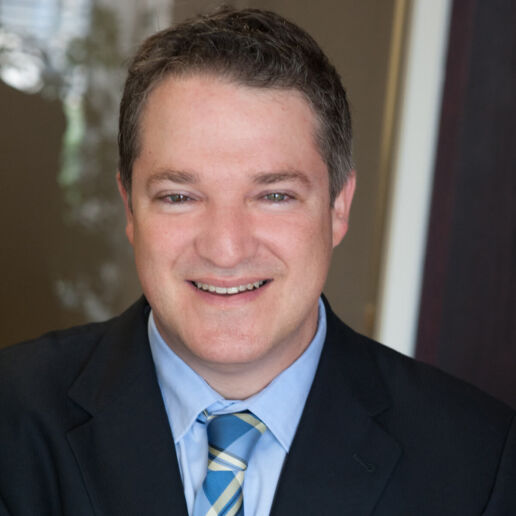- Home
- About Us
- The Team / Contact Us
- Books and Resources
- Privacy Policy
- Nonprofit Employer of Choice Award

We have seen many applicants for charity applications with the Charities Directorate that have received response letters from CRA requesting that they provide more details on their charity application, especially related to their activities. That is quite common. We recently saw a CRA letter that was generated before there was even a proper review of the charity application by CRA, asking for more details on the proposed activities.
When we spoke to the applicant, it became clear that when they applied, they had used AI to come up with some of the answers. Initially, the descriptions seemed fine, but upon closer scrutiny and after discussing the details, it became clear that many important elements had been overlooked. Perhaps not deliberately left out, but not included in the AI response.
While AI can be a powerful and useful tool, it has significant limitations. I will only discuss one of them here.
One of the most important aspects of a charity application is authenticity. Essentially, are you being upfront with the CRA about what you actually want to do? Your charity application does not have to have perfect grammar, but is what you say on the application what you actually want to do? Or is it something dreamed up by AI that sounds impressive to a reader or applicant, but upon closer review by a CRA examiner will cause a lot of concern?
Neither an applicant nor CRA can predict the future. CRA can only look at the past and what the applicant says they want to accomplish, and even small details can make a big difference in whether the charity application is approved. AI sometimes gets things wrong or tries to be helpful by inventing information (hallucinations), and those weaknesses can sink your application.
For example, you might be responding to a question about which organizations you will make gifts to. You respond by saying these five organizations because AI indicates they are registered charities that focus on healthcare. However, only three are registered charities, and two are nonprofits that have names that sound charitable. Now, the CRA thinks that you are planning to make a gift to a non-qualified donee, which is illegal. The CRA is worried that you are either not aware of the basic requirements for registered charities or that you are planning to skirt those requirements.
I have recently spoken at conferences about AI, and have been thinking about this issue. Before preparing this article, I was wondering about whether I am “hallucinating” about this issue. Then I read a blog from the Charity Commission of England and Wales in which they discuss processing about 9,000 charity applications a year, and they noted:
One growing trend is the apparent use of AI by applicants to generate responses in the application form. Unfortunately, AI-generated content is often too generic and fails to reflect the specific activities or aims of the organization applying to become a registered charity, leading to a higher rate of rejections.
So, AI can come up with a beautiful story, but since no charity I know has a board comprised of different AI models making decisions, AI is unlikely to be an accurate reflection of what your charity intends to do. The more you utilize AI, the more likely your charity application will be rejected. I would not be surprised if CRA is increasingly utilizing AI to check whether AI has been used in a charity application!
The charity application process is complicated. You can see our new series entitled “CRA Charity Application Graveyard” which discusses many reasons that CRA will have a problem and potentially reject your charity application. So be careful.
You can tell by the way I write that this post was not generated by AI! Perhaps a little help from Grammarly!
Oh, by the way, I asked ChatGPT about whether one should use AI in a charity application, and its answer was beautiful, thoughtful on some points and absolutely wrong on some other points. Perhaps that will be the subject of another article for another day.
 Mark Blumberg is a lawyer at the law firm of Blumbergs Professional Corporation in Toronto and works almost exclusively in the areas of nonprofit and charity law. He has a B.A. in Political Science from the University of Toronto, an LLB from the University of British Columbia and an LLM from Osgoode Hall Law School in Tax Law. Mark is also the editor of www.CanadianCharityLaw.ca – a Canadian charity law blog.
Mark Blumberg is a lawyer at the law firm of Blumbergs Professional Corporation in Toronto and works almost exclusively in the areas of nonprofit and charity law. He has a B.A. in Political Science from the University of Toronto, an LLB from the University of British Columbia and an LLM from Osgoode Hall Law School in Tax Law. Mark is also the editor of www.CanadianCharityLaw.ca – a Canadian charity law blog.